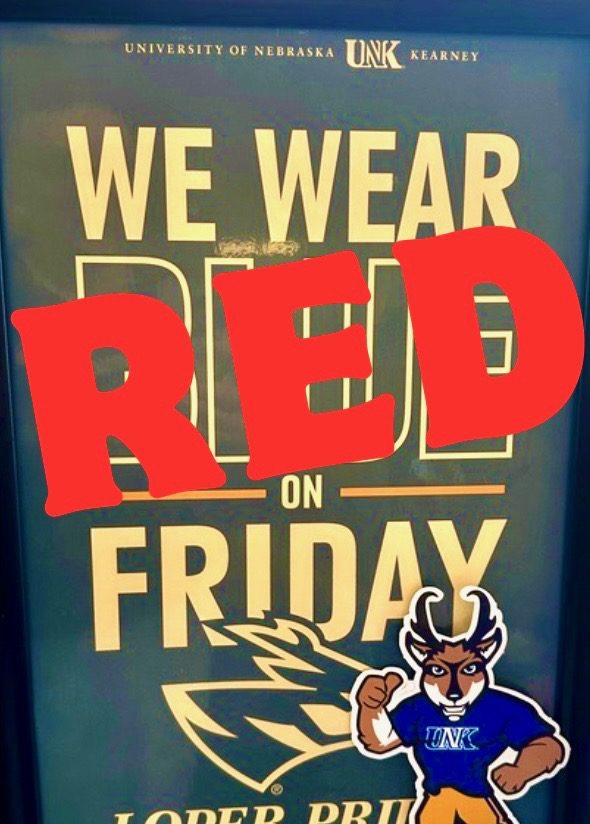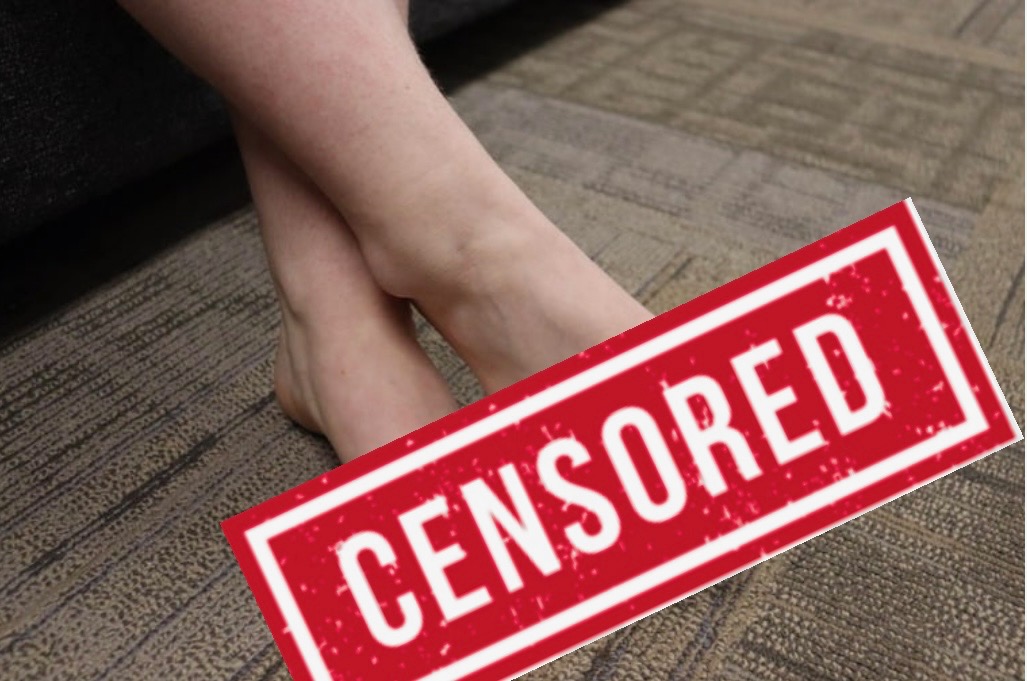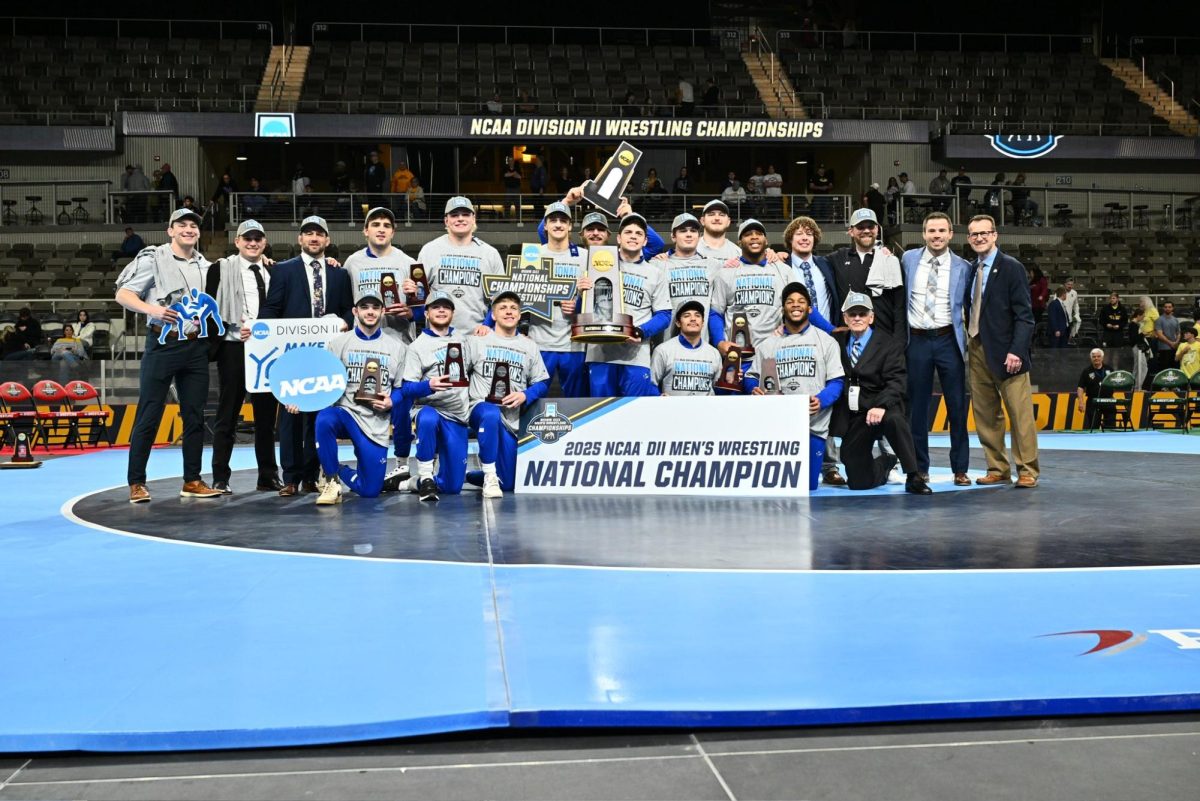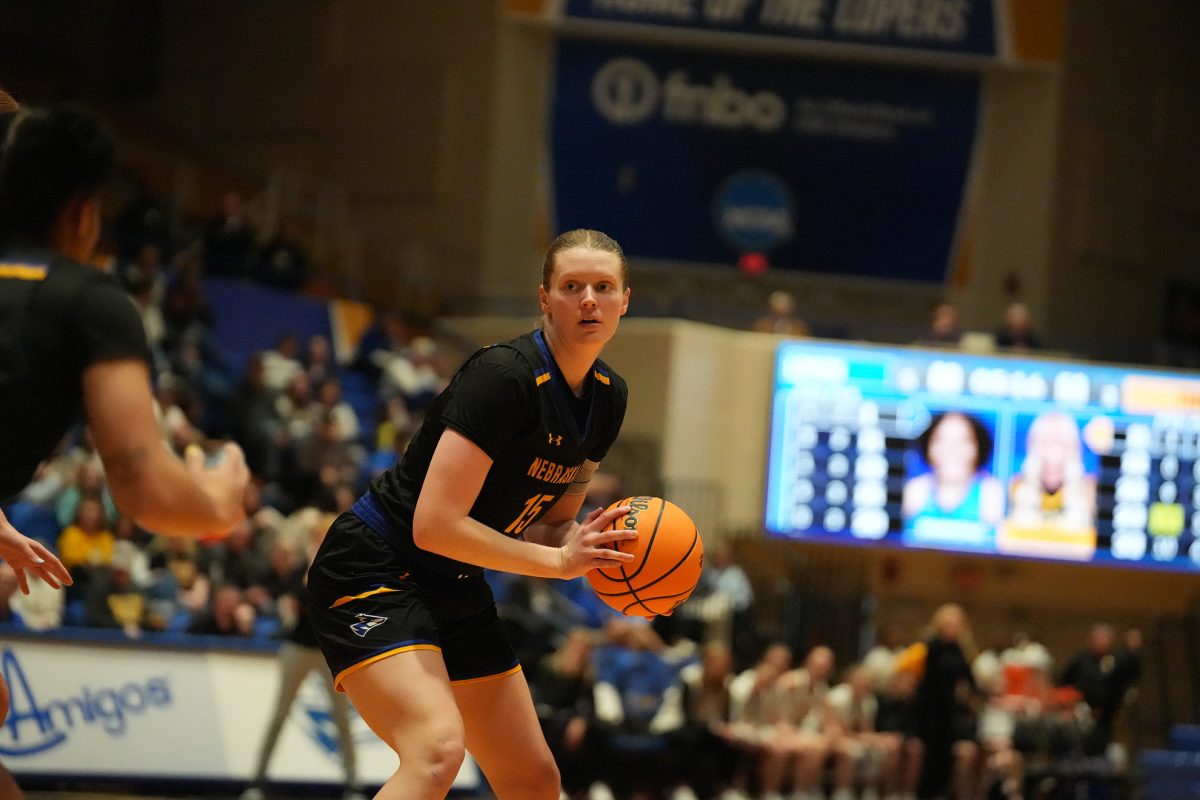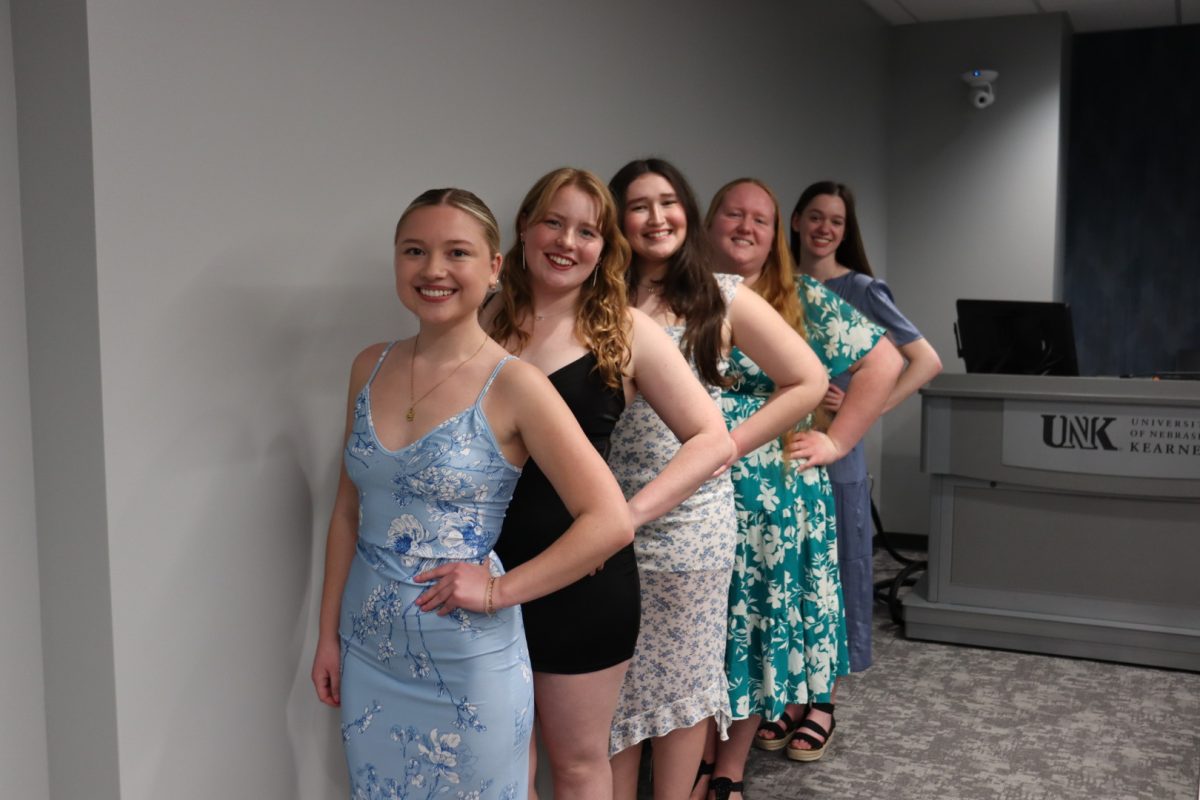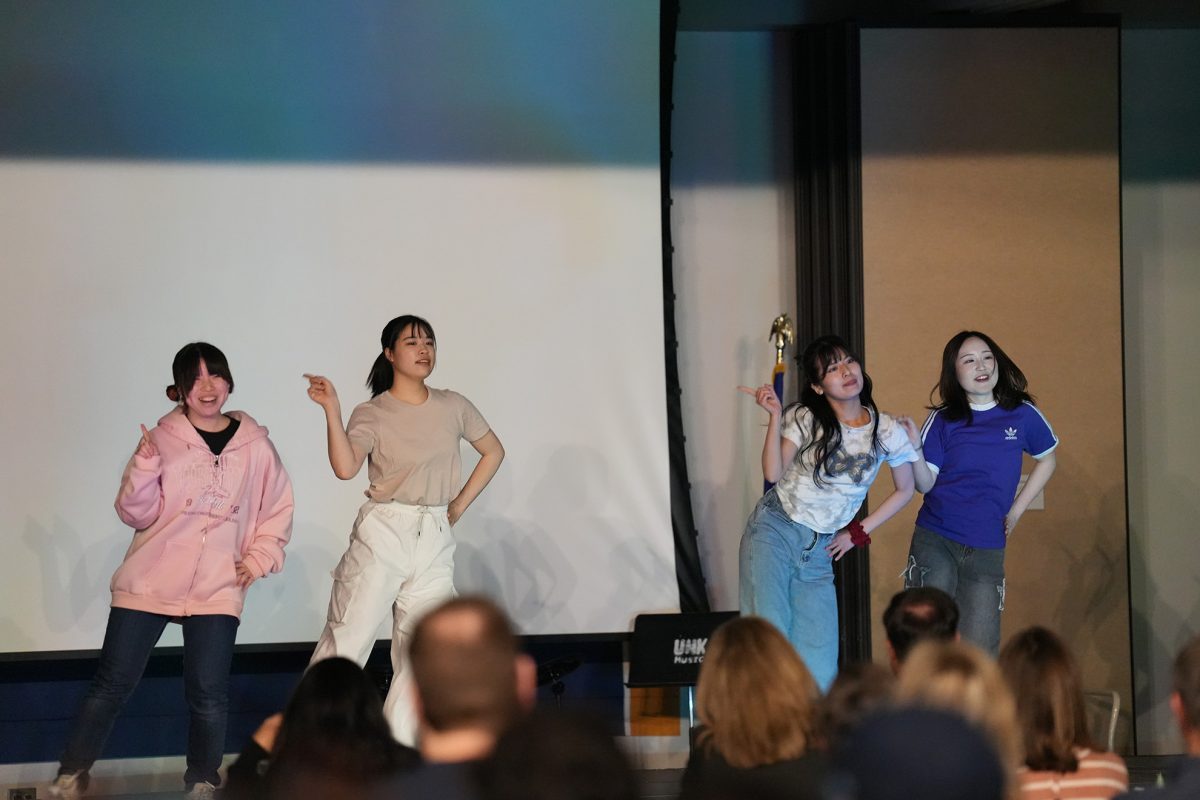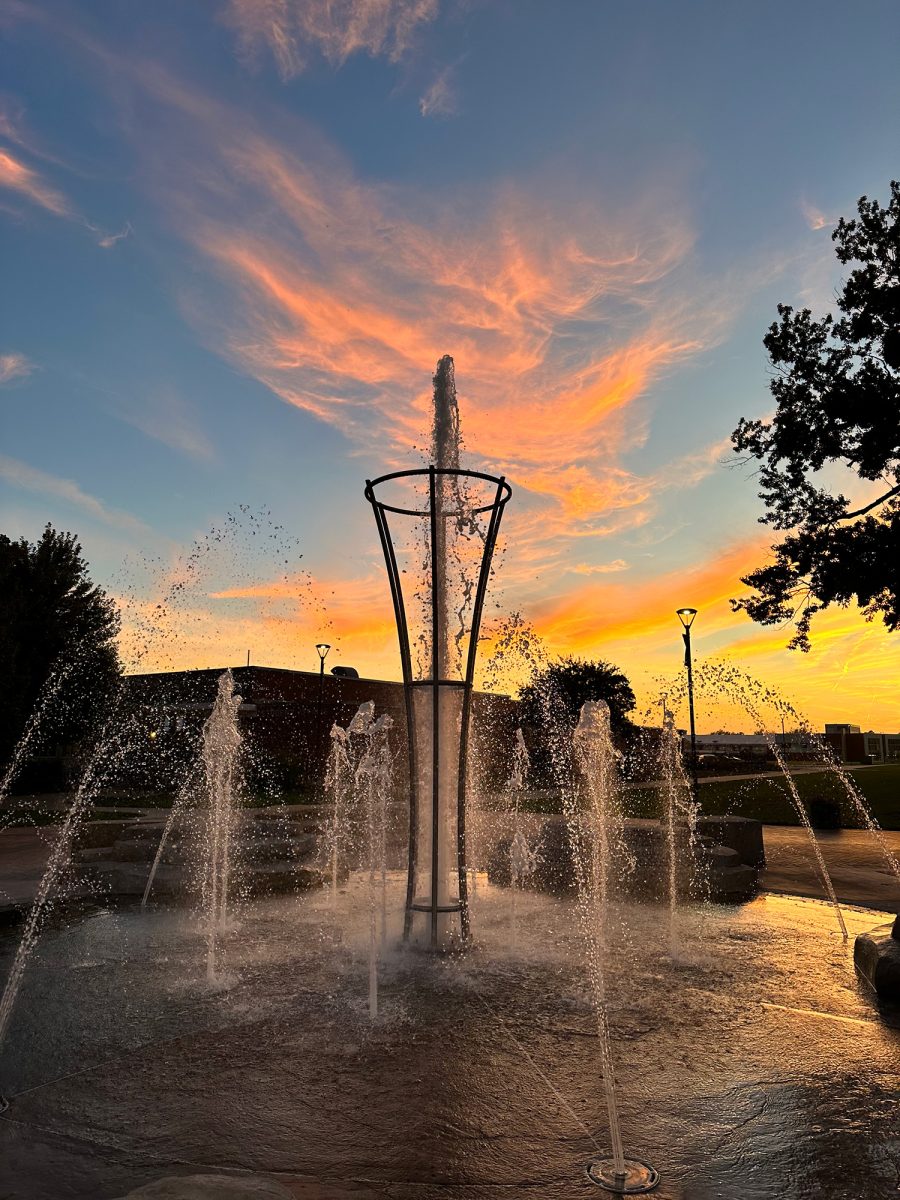heinzj@lopers.unk.edu
The 2023-25 University of Nebraska at Kearney Collective Bargaining Agreement was ratified Feb. 10. The Board of Regents’ approval will give eligible faculty 3% salary increases every year of the biyearly period.
The UNK Education Association sought a higher raise for the contract to match member needs better.
“The raises we’re going to receive are going to be so far below what the economy as a whole has underwent,” said William Aviles, president of UNKEA.“These last two years we were under a different contract, and the raises were approximately 1%. They were very, very small. So there’s an amount there that needs to be caught up given how the cost of living has increased.”
This year, UNKEA tried to demonstrate a need for an increase closer to 5-6% as a result of inflation. They were unable to persuade the Board of Regents to agree on a raise that high.
The vice chair on the Board of Regents said these discussions are necessary to maintain both faculty and students.
“These types of negotiations are difficult and I certainly appreciate the work done by the faculty,” said Timothy Clare, vice chair on the Board of Regents. “It takes all parties to negotiate and come together, again for the benefit of the students.”
Through talking with students, Aviles learned many stay at UNK because of faculty. Aviles said they advocated for higher raises to prevent faculty from looking elsewhere for a job.
“I know of cases in which good professors have left the university because they feel that the salary they’re receiving isn’t sufficient,” Aviles said. “If UNK wants to maintain, this is our (UNKEA) position, maintain high-quality education and deliver that to our students, we have to compensate our faculty in a way that respects that and reflects that.”
Through talking with students, Aviles learned many stay at UNK because of faculty. He found that supporting UNK’s faculty is important to the students.
Apart from raises, UNKEA’s contract outlines faculty rights and working conditions. UNKEA will negotiate its contract with the Board of Regents again in another two years.
During that time, the association hopes to continue communicating with students about future initiatives.
“This past year, I visited the student government to talk about our challenges, and I met with student leaders,” Aviles said. “Our hope is going forward that we’re going to do even more outreach to students to inform them of our negotiations and the things that we’re seeking at the table.”



